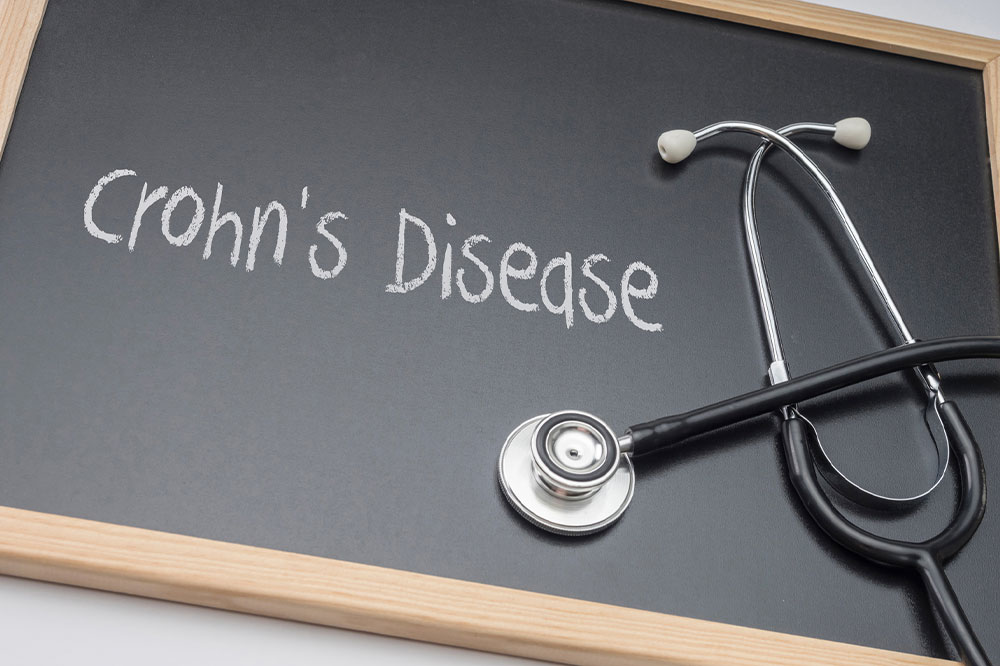Comprehensive Overview of Crohn's Disease: Causes, Symptoms, and Treatment Options
This article offers an in-depth overview of Crohn's disease, covering its causes, symptoms, diagnosis, and management options. It highlights the importance of early detection and personalized treatment strategies, including medication, dietary adjustments, and possible surgery. The content emphasizes lifestyle modifications and emotional support to improve patient quality of life, assisting those affected by this chronic condition.

Comprehensive Overview of Crohn's Disease: Causes, Symptoms, and Treatment Options
Crohn's disease is a long-term condition involving inflammation of parts of the digestive system, primarily targeting the small intestine and colon. This inflammation can interfere with digestion, trigger pain, and lead to serious health issues if not managed properly.
Potential Causes Although the precise cause remains unknown, factors like autoimmune responses to gut bacteria, genetic predisposition, smoking, and age are believed to influence its development.
Symptoms and Indicators Symptoms can emerge gradually or suddenly, worsening over time. Typical signs include:
Stomach pain and cramps
Frequent loose stools
Blood in stool
Fever
Urgent bowel movements
Fatigue
In more serious cases, individuals may experience:
Perianal fistulas
Ulcers between mouth and anus
Anemia leading to breathlessness
Joint and skin inflammation
Early recognition of these symptoms facilitates prompt treatment and helps prevent complications.
Diagnosis and Treatment Strategies Due to the unknown cause, doctors may utilize various tests to confirm diagnosis and evaluate tissue damage. These include:
Blood and stool tests to detect inflammation or anemia
Capsule endoscopy for small intestine visualization
Colonoscopy or sigmoidoscopy for lower GI inspection
Imaging scans such as CT or MRI for detecting complications
While a cure is not available, treatments aim to relieve symptoms and slow progression. Common medications include anti-inflammatory and anti-diarrheal drugs.
Additional management approaches involve:
Diet and Nutrition Nutritionists can help patients identify foods that impact symptoms. Keeping food journals and creating tailored diets can optimize nutrient intake and reduce adverse effects.
Surgical Options About 75% of Crohn’s patients may need surgery to remove damaged sections, repair tissues, or address infections. The decision depends on individual symptoms and how the disease responds to treatment.
Other supportive methods include:
Probiotics to support beneficial gut bacteria
Prebiotics found in bananas and artichokes
Omega-3-rich fish oils being researched for benefits
Aloe vera's anti-inflammatory properties for symptom relief
Managing Crohn’s effectively involves lifestyle changes such as moderating fiber and fat intake, staying hydrated, and consuming nutrient-rich foods. Emotional support through counseling and support groups can help patients cope better with their condition.
Disclaimer: This content is intended for educational purposes only. Patients should consult healthcare professionals for personalized diagnosis and treatment. We do not assume responsibility for any discrepancies or updates outside this platform.


